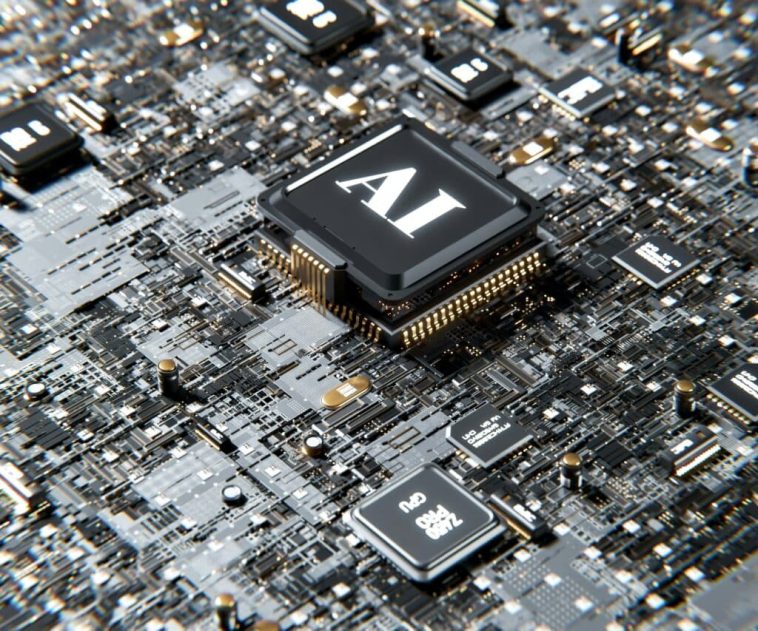Generative Artificial Intelligence (AI) is creating a remarkable change in human existence, especially in the workspace. Interestingly, generative AI threatens to challenge conventional notions and will create more unique content based on existing ones. Despite the fantastic values that Generative AI will offer human existence, it has its downsides.
Aside from that, critics believe that Generative AI will destroy human existence and make man jobless.
The valid concerns about job displacement are real, and it’s also becoming a threat to the development of Generative AI. Nevertheless, most people will argue that humans have problem-solving and empathic feelings that AI doesn’t have. Based on this, the possibility that AI will entirely displace humans is improbable.
Read and learn facts about Generative AI you didn’t know.
IMAGE: UNSPLASH
History Of Generative AI
The misconception is that Generative AI is a new topic that became popular a few years ago. Machines have always competed with humans. Therefore, it is not today that machines constantly threaten to displace man. One notable scientist who explored artificial intelligence extensively is Alan Turing.
Turing started his journey to develop AI in 1941. In 1947, Turing started talking about intelligent machinery in one of his papers. Based on this, other scientists realized that machines and man could relate in an advanced man.
Furthermore, research showed that Generative AI became a realistic dream in 1952. Then, generative AI was based on machine learning and algorithms. Arthur Samuel developed machine learning in 1952, and Cornell University psychologist Frank Rosenblatt improved on it and created the neural network.
AI was in the formulation stage in the 1960s, 1970s, 1980s, and 1990s. In 2000, facial recognition technology was developed, and the new algorithms were better than what was obtainable in the past.
The algorithms could identify twins despite having similar features. From 2010 to the present, AI has transformed vastly and influenced how humans relate. For instance, the introduction of ChatGPT has dramatically transformed the creative industry.
Some notable individuals who greatly influenced the evolution of Generative AI are Michael Toy, Glen Wichman, University of Montreal researchers in 2,000, Fei-Fei Li, Alex Krizhevsky, Ian Goodfellow, OpenAI, etc.
The Concerns About Generative AI
The prospects of generative AI seem perfect. However, there is growing anxiety about generative AI. For instance, the possibility of misuse is becoming a significant concern. Below are a few of the problematic concerns that generative AI poses.
- Information may be misleading and inaccurate.
- It is difficult to trust the information since the source is not stated.
- Increases the possibility of plagiarism, which may cause copyright infringement.
- Business models that are created around providing search engines and optimization may be disrupted.
- Generating fake news is easier to generate using…

